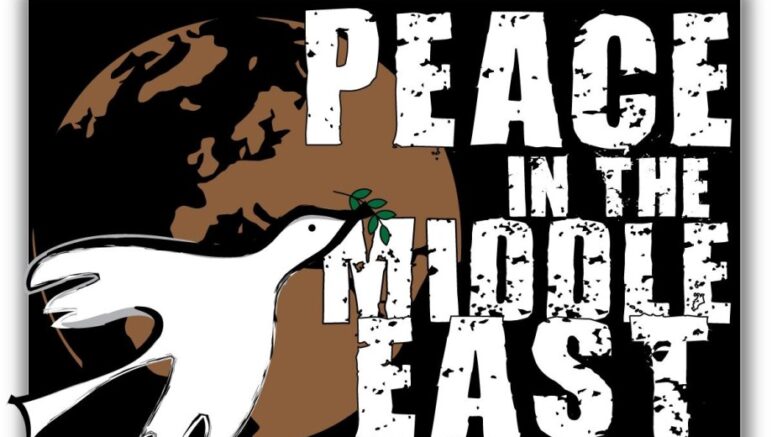Amidst the ongoing conflict between Israel and the Palestinians, the need for a ceasefire and a commitment to a two-state solution has never been more urgent. The recent escalation of violence has resulted in tragic loss of life and widespread suffering on both sides. It is time for all parties involved to prioritize peace and pursue a sustainable resolution to the longstanding conflict.
The cycle of violence that has engulfed the region serves as a stark reminder of the human toll of protracted conflict. Innocent civilians, including women and children, continue to bear the brunt of the violence, facing unimaginable hardships and trauma. The toll on infrastructure, livelihoods, and communities is devastating, perpetuating a cycle of despair and resentment.
At the heart of the conflict lies the fundamental question of self-determination and statehood for the Palestinian people. The pursuit of a two-state solution offers a viable path toward addressing this core issue, allowing both Israelis and Palestinians to coexist peacefully within secure and recognized borders. However, achieving this goal requires a genuine commitment to dialogue, compromise, and mutual recognition.
A ceasefire represents a crucial first step toward de-escalating tensions and creating an environment conducive to meaningful negotiations. It provides an opportunity for humanitarian aid to reach those in need, alleviating the suffering of civilians caught in the crossfire. Moreover, a ceasefire demonstrates a willingness on the part of all parties to prioritize the preservation of life and the pursuit of peace.
Support for a two-state solution is not only a moral imperative but also a pragmatic necessity. It offers the best chance for a sustainable and just resolution to the conflict, addressing the legitimate aspirations and rights of both Israelis and Palestinians. By recognizing the sovereignty and dignity of each side, a two-state solution lays the foundation for lasting peace and stability in the region.
It is incumbent upon the international community to actively support efforts to achieve a ceasefire and advance the cause of a two-state solution. Diplomatic engagement, mediation, and multilateral cooperation are essential tools in this endeavor. The United Nations, regional actors, and key stakeholders must exert pressure on both parties to cease hostilities and return to the negotiating table in good faith.
Ultimately, the quest for peace in the Middle East requires courage, empathy, and a willingness to transcend entrenched narratives of fear and hostility. It demands a recognition of the humanity and rights of all individuals, regardless of their nationality or ethnicity. By embracing the principles of tolerance, coexistence, and mutual respect, we can lay the groundwork for a future where Israelis and Palestinians live side by side in peace and security.
In conclusion, the time has come to end the cycle of violence and chart a new course toward peace in the Middle East. A ceasefire and a commitment to a two-state solution offer the best hope for a brighter future for generations to come. Let us seize this opportunity to build a world where peace, justice, and reconciliation prevail.

Be the first to comment on "A Time for Peace"